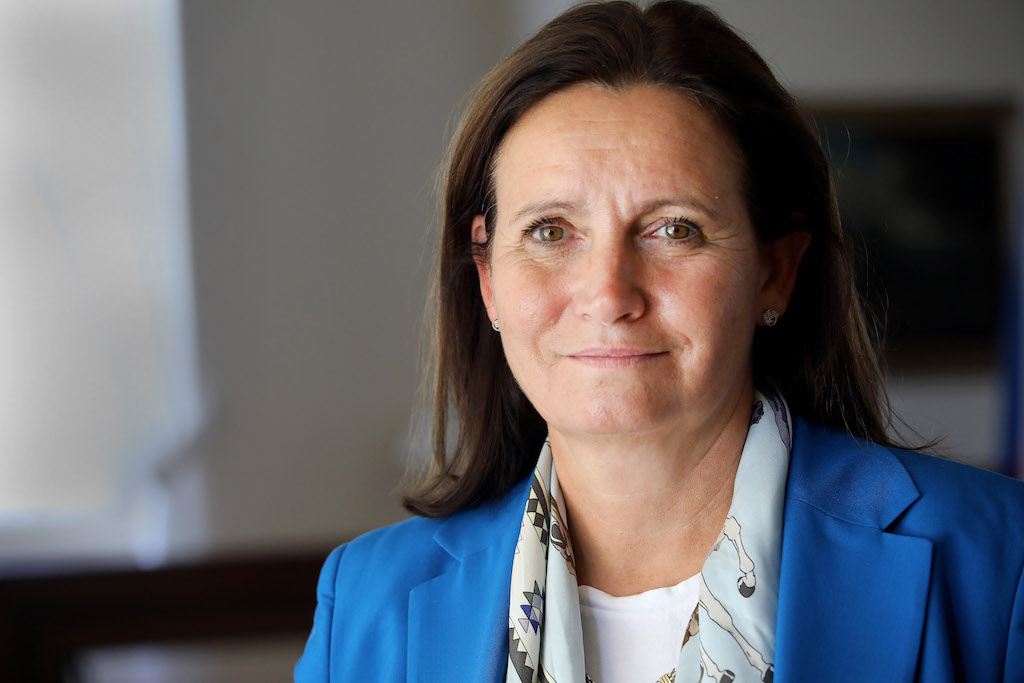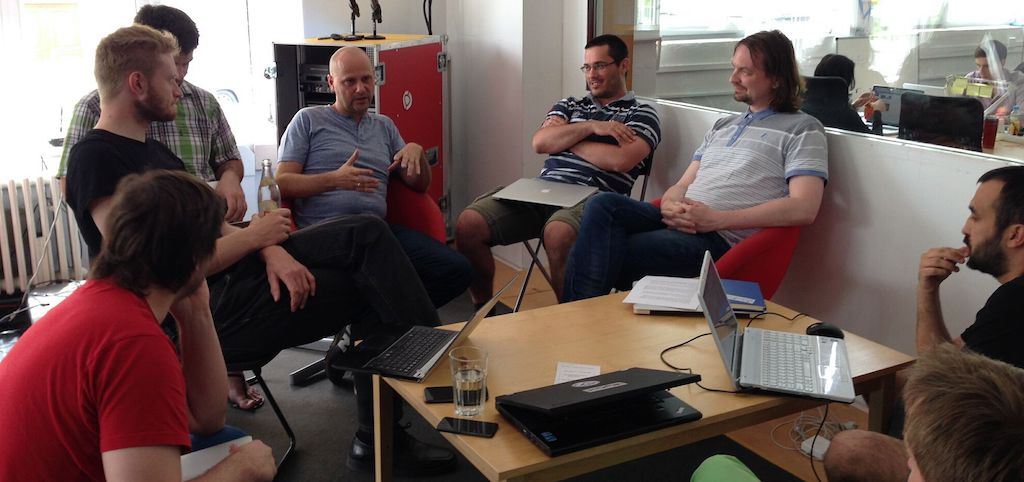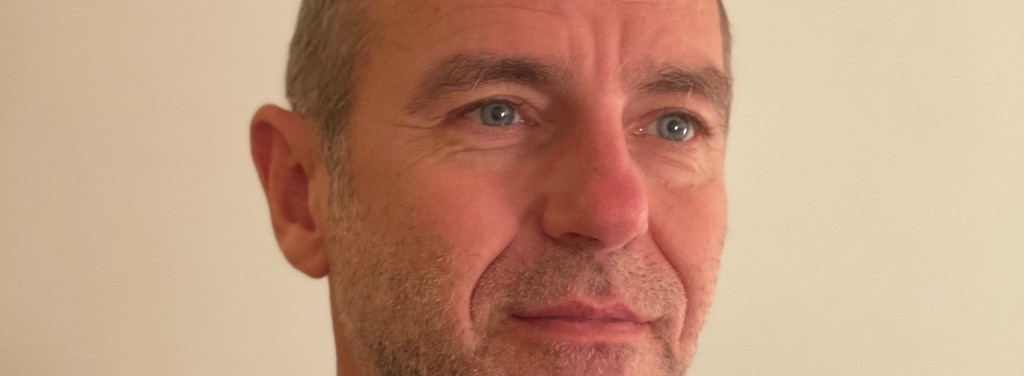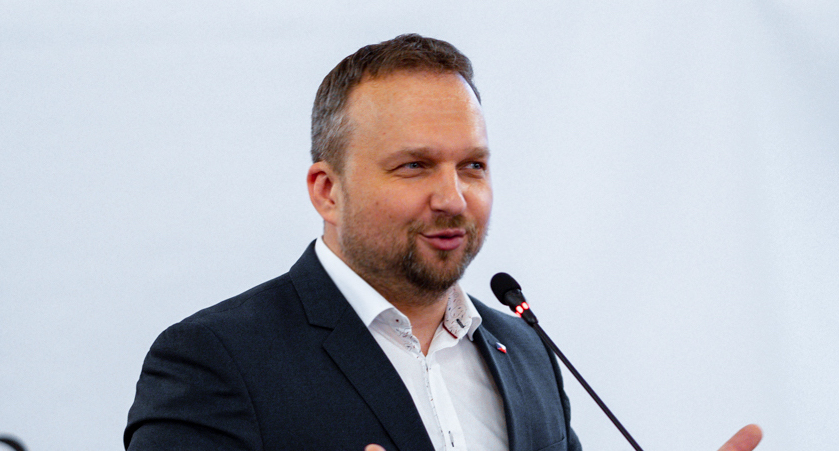 JGDE. Bretagne Development Innovation (BDI) is a regional agency for economic development and innovation. Can you be specific about BDI’s rôle and its mission?
JGDE. Bretagne Development Innovation (BDI) is a regional agency for economic development and innovation. Can you be specific about BDI’s rôle and its mission?
Hugues Meili. BDI ensures the accelerated implementation of the strategic axes of economic development and innovation in enterprises, decided by the regional executive and its president. At the same time, we update the elected representatives on the trends concerning main regional economic sectors and on the transformation of these sectors through technological innovation use.
JGDE. BDI presents a specificity: its board of directors is composed solely of company directors. Why this choice?
HM. Deploying this strategy at the heart of the Breton economic fabric presupposes that it’s as close as possible to the trades, markets, concerns, expectations and potential difficulties that characterise it and that rhythm of the companies’ daily life of enterprises. This allows to implement concrete projects adapted to circumstances and priorities. A management board composed of business leaders from the four departments of Bretagne, representing industrial activities and service, leading companies of various sizes and anteriority variables, guarantees better inspiration of our debates and our actions.
JGDE. You yourself come from the enterprise world, and you run a digital service enterprise. Therefore, you are ideally situated to observe and accompany the digital transition of enterprises. What view do you have of this revolution and, even further, on the actual economic transformation?
HM. I am in fact running Niji Society, which is at the heart of the digital transformation of enterprises by combining the consulting services in digital strategy, service design, interactions and digital interfaces, and realization of technological solutions. This represents nearly 600 people serving approximately 250 customers for more than 15 years.
Digital concerns every enterprise, no matter what size they are, their sector of activity or their governance. Nobody can escape it and its impact always shows at three levels: strategy, commerce, and the organisation.
While large groups have already begun their digital transformation since several years, smaller businesses are often left behind due to lower exposure to the world, insufficient bandwidth, and limited investment capacity. In Bretagne, the digital transition has had consequential delays.
JGDE. In this context, why is the opening of International and European territories necessary to favour the development of enterprises and employment?
HM. Diversity is a source of wealth! All the economic sectors and regions of the world are affected by these powerful waves of change that drive companies and higher education sectors to reshuffle their cards. The uses carried by the most diverse populations dictate many changes. Placing them at the heart of reflections and approaches to the design and implementation of products and services is an ongoing challenge: this is what is called «design».
JGDE. Is it for this that BDI’s commits as heavily as it does in carrying the Bretagne brand?
HM. The Bretagne brand carries in its codes key values associated with the men and women of the territory, its businesses, its associations and organizations of all kinds, tourism in particular. It is a brand that is not difficult to wear or promote because Bretagne is simply a mark in itself, easily identifiable and intelligible. Nearly 800 actors have chosen to endorse it, to mix its colors with theirs and to make it shine. It’s therefore closely linked to economic development and innovation.
JGDE. The Bretagne LGV is now a reality. How can the territory collect all its fruits and what is the meaning of the «Go West» campaign that you support?
HM. The LGV is a high-speed rail line that is a fluid and fast link between Bretagne and Paris. It must not be seen only as allowing the Bretons to «get to the capital», or tourists to come and discover our landscapes and our quality of life. It must also inspire decision-makers to «relocate» to Bretagne. Entire sections of their teams are at the heart of their always evolving challenges, for example, in the digital world. They will find in Bretagne a rich and varied form of training and expertise, and a real quality of life, while remaining connected to the decision-making centers in Ile-de-France. The «Go West» campaign clearly shows a territorial economic marketing dimension, and it’s normal for BDI to be a major source of support.
JGDE. You defend the mixing of sectors of excellence. Could you explain to us what that it consists of?
HM. Sociological and technological changes open up the territories, people and traditional economic sectors that have been until now organized as large, tight silos. And major societal and environmental causes, such as ecological and energy transitions, create common challenges. As a result, the automotive, railway and public transport networks are evolving towards new mobilities that require digital technology, embarking on new clean electrical engines and new technologies for energy storage or electric recharging connected.
Similarly, advances in lighter, more flexible or resilient materials in the offshore racing and racing world are fueling the worlds of automotive and aerospace.
The contribution of digital technology to agriculture is decisive: it promotes agriculture that’s eco-responsible, precise, traceable, with origins of production with a strong qualitative dimension and a real potential for monetization.
This is also the case in the agri-food sector, on the industrial side of manufacturing, packaging, and shipping, as well as commercial marketing and distribution.
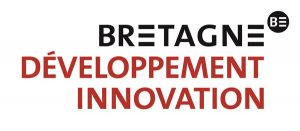 JGDE. European news is in part dominated by Brexit. How do you analyze the impact on Bretagne?
JGDE. European news is in part dominated by Brexit. How do you analyze the impact on Bretagne?
HM. While respecting the decision taken by referendum, Brexit is bad news for the British people and for the economy because it risks gradually isolating them from the world at a time when cultural mixing, cross-functional use and composite economic models take the top … Some Breton companies could be negatively impacted by less mobility of goods and people, but I believe above all an opportunity for Bretagne to enhance its geographical proximity and «territorial morphology» with the … Great Britain! It’s up to us to extend these historical tourist and cultural proximities to higher education and economy, research and development, and innovation. This is part of BDI’s regional strategy for an already-accelerating economic development and business innovation.









